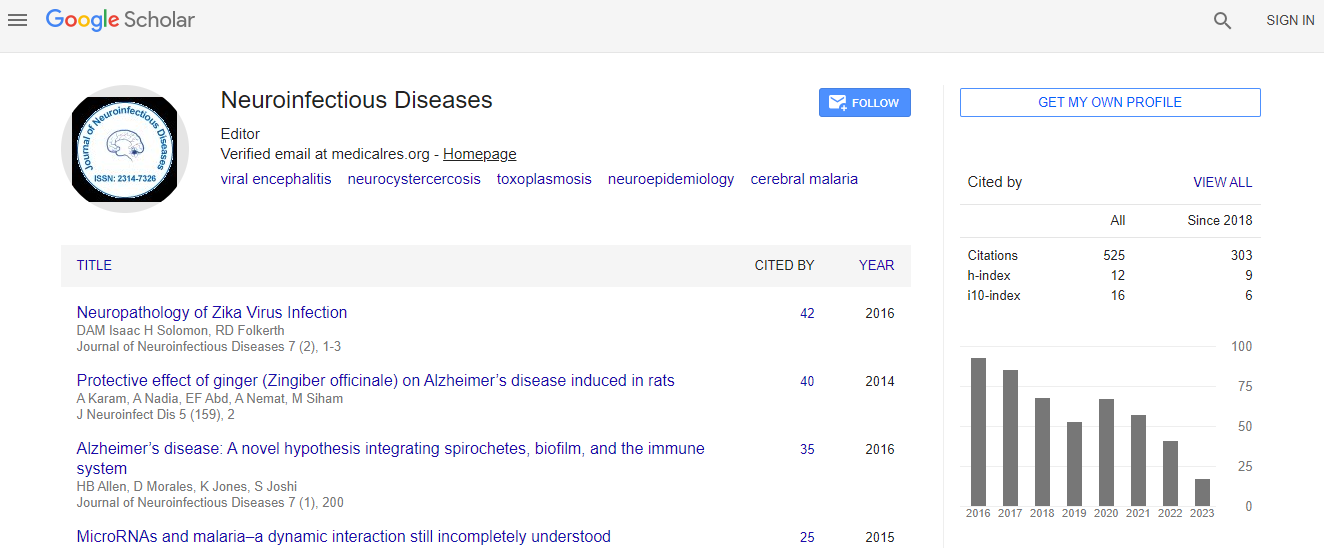Research Article
Herpes Simplex Encephalitis in Young Children: A Report from Qatar
Rana AL-shami1, Khalid Mohamed1*, Ahmed Elsotouhy2, Mahmoud Elseid1 and Khalid Ibrahim1
1 Department of Paediatric Neurology, Hamad General Hospital, Doha, Qatar
2 Department of Radiology, Hamad General Hospital, Doha, Qatar
- *Corresponding Author:
- Khalid Mohamed
Department of Paediatric Neurology
Hamad General Hospital
PO Box 3050 Doha, Qatar
Tel: 0097433404610
E-mail: drmohamedpaed@yahoo.co.uk
Received date: October 02, 2013; Accepted date: December 27, 2013; Published date: January 04, 2014
Citation: AL-Shami R, Mohamed K, Elsotouhy A, Elseid M, Ibrahim K (2014) Herpes Simplex Encephalitis in Young Children: A Report from Qatar. J Neuroinfect Dis 5:137. doi: 10.4172/2314-7326.1000137
Copyright: © 2014 AL-Shami R, et al. This is an open-access article distributed under the terms of the Creative Commons Attribution License, which permits unrestricted use, distribution, and reproduction in any medium, provided the original author and source are credited.
Abstract
Objectives: Infection of the Central Nervous System (CNS) is a life-threatening condition in children. Herpes Simplex Encephalitis (HSE) is one of the most common causes of sporadic encephalitis in children. Our objective is to report on seven consecutive patients with this condition detailing the clinical picture, radiological findings and outcome.
Methods: This was a retrospective report, all children presenting with HSV encephalitis to our tertiary Paediatric Neurology centre were included in the review.
Results: Seven children were admitted to our facility with confirmed herpes simplex encephalitis in the period between July2010 and July 2012. All seven patients had CSF pleocytosis (with lymphcyte predominance). Elevated CSF protein was found initially in three patients. Neuroimaging abnormalities were found in all patients. Five patients displayed temporal lobe abnormalities and two diffuse changes. Developmental delay occurred in four patients and seizures in two. One patient developed spastic paraplegia following a prolonged course of illness complicated by CNS demyelination. All patients were treated with IV Acyclovir. Infants under the age of one were less likely to develop neurological deficit or significant developmental delay than older children.
Conclusions: In our patients; infants had a much better outcome inspite of similar presentation and neuroimaging findings; this may well reflect brain plasticity in younger children.

